
Innovative Trends In Mechanical Engineering
Unlocking the Future: How Mechanical Engineering Shapes Your Engineering Career
Mechanical Engineering is a dynamic field that plays a pivotal role in shaping bright engineering careers, offering endless opportunities for innovation and growth. As technology rapidly evolves, the demand for skilled mechanical engineers who excel in engineering technology continues to rise. From mastering the art of mechanical design to diving deep into the principles of thermodynamics and fluid mechanics, students and professionals alike are equipped with the tools to make a significant impact. With the aid of cutting-edge CAD software, mechanical engineers have the power to transform ideas into reality, driving advancements that touch every corner of our world. In this guide, we’ll explore how you can unlock the future of your engineering career through the vast and exciting realm of Mechanical Engineering.
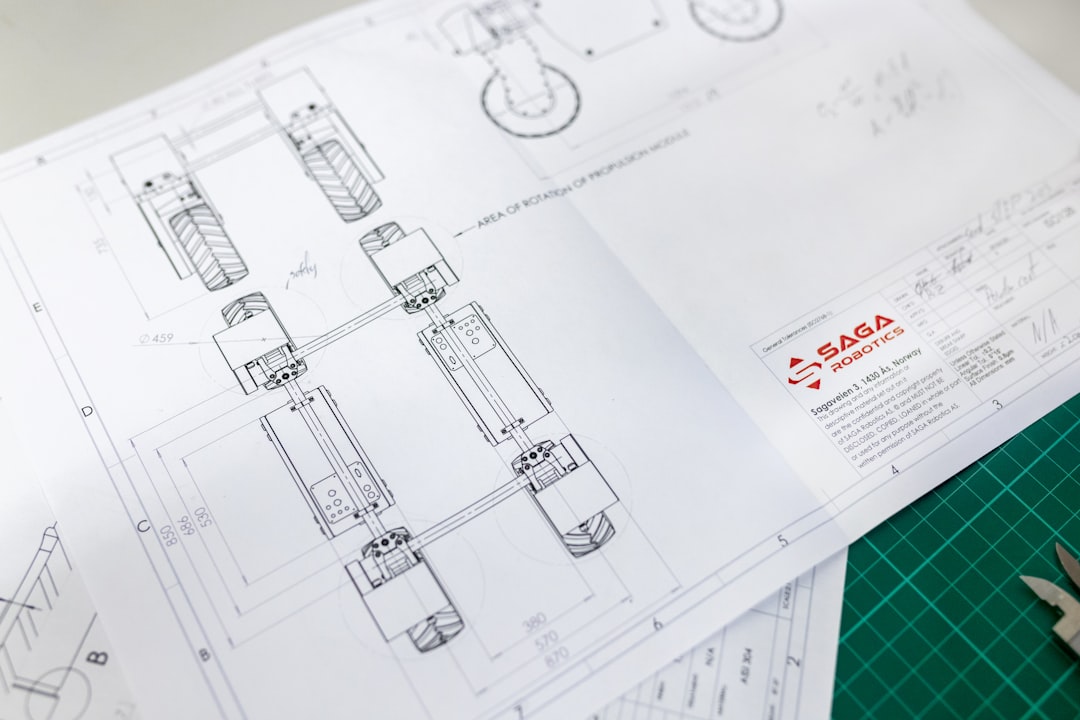
The Foundations of Mechanical Engineering
Key Principles and Concepts
Mechanical Engineering is anchored in several key principles and concepts that form the backbone of the field. At its core lies the understanding of mechanics, the study of forces and their effects on matter. This includes statics, dynamics, and material science. Thermodynamics is another crucial element, focusing on heat transfer and energy conversion processes. Fluid mechanics, dealing with the behavior of fluids, is essential for designing systems like pipelines and HVAC units. Additionally, mechanical design principles guide engineers in creating functional and efficient machines, using tools such as CAD software for precision. Mastery of these concepts not only builds a solid foundation but also unlocks opportunities for innovation and problem-solving across various industries. By grasping these fundamentals, students and professionals can better navigate complex engineering challenges, laying the groundwork for a successful engineering career.
Importance of Thermodynamics
Thermodynamics is a cornerstone of Mechanical Engineering, playing a vital role in numerous applications and industries. It involves the study of energy, heat, and work, and how they interact in various systems. Understanding thermodynamics is essential for designing engines, refrigerators, and power plants, where efficiency and energy conservation are critical. Engineers use thermodynamic principles to analyze and optimize systems, ensuring they operate at peak performance while minimizing energy losses. This knowledge is also pivotal in developing sustainable technologies, such as renewable energy systems and advanced materials with improved thermal properties. Grasping the importance of thermodynamics allows engineers to tackle challenges related to energy conversion and management, making it an indispensable part of their toolkit. As the world moves towards more sustainable practices, the role of thermodynamics in Mechanical Engineering becomes increasingly significant, driving innovation and progress in the field.
Exploring Fluid Mechanics
Fluid mechanics is a fundamental discipline within Mechanical Engineering, focusing on the behavior of fluids—both liquids and gases—in motion and at rest. This area of study is crucial for understanding how fluids interact with their environment, influencing the design and analysis of numerous systems, such as pipelines, ventilation systems, and even aircraft. Engineers apply fluid mechanics principles to predict flow patterns, pressure changes, and forces within these systems. Mastery of fluid mechanics enables the development of efficient and effective solutions for transporting fluids, minimizing resistance, and maximizing performance. Furthermore, advancements in fluid mechanics contribute to innovations in areas like aerospace, automotive, and environmental engineering. By exploring fluid mechanics, engineers gain insights into complex phenomena that impact real-world applications, preparing them to address challenges in energy efficiency, environmental sustainability, and beyond. This understanding not only enhances technical proficiency but also expands the potential for creative problem-solving in diverse engineering fields.
Mastering Mechanical Design
Innovations in CAD Software
Computer-Aided Design (CAD) software has revolutionized the field of mechanical design, providing engineers with powerful tools to visualize, simulate, and optimize their creations. Modern CAD software goes beyond basic drafting, incorporating advanced features like 3D modeling, finite element analysis, and parametric design. These innovations enable engineers to create complex, precise designs with greater efficiency and accuracy. Furthermore, CAD software facilitates collaboration by allowing multiple users to work on a project simultaneously, streamlining the design process. It also supports rapid prototyping and iterative testing, which are essential for refining designs before manufacturing. The integration of artificial intelligence and machine learning in CAD systems further enhances capabilities, offering predictive insights and automated design suggestions. As CAD software continues to evolve, it empowers engineers to push the boundaries of what’s possible, driving innovation across industries and contributing significantly to the advancement of engineering technology.

Impact on Engineering Careers
Mastering mechanical design, especially through the use of advanced CAD software, has a profound impact on engineering careers. Proficiency in CAD is often a prerequisite for many engineering roles, as it demonstrates the ability to transform concepts into detailed and actionable designs. This skill set not only enhances employability but also opens doors to a variety of industries, from automotive to aerospace and beyond. The ability to innovate and improve design efficiency can lead to leadership roles in project management or research and development. Moreover, the continual evolution of design tools means that engineers must stay current with the latest software advancements, fostering a culture of lifelong learning. This adaptability is crucial in a rapidly changing technological landscape. By excelling in mechanical design, engineers can significantly influence product development, optimize processes, and contribute to sustainable solutions, thereby advancing their engineering careers and making a substantial impact in their fields.

Real-World Applications
Mechanical design plays a crucial role in countless real-world applications, showcasing the versatility and impact of engineering expertise. In the automotive industry, mechanical design is integral to developing safer, more efficient vehicles, focusing on aerodynamics, fuel efficiency, and structural integrity. Similarly, in aerospace, precise design is essential for crafting aircraft that meet stringent safety and performance standards. Mechanical design also influences consumer electronics, where engineers work on compact, durable, and aesthetically pleasing devices. The healthcare sector benefits as well, with innovations in medical devices and equipment that improve patient care and outcomes. In the field of renewable energy, mechanical design contributes to the development of wind turbines and solar panels, optimizing energy capture and conversion. Each of these applications requires a deep understanding of mechanical principles and the ability to translate them into practical solutions. By mastering mechanical design, engineers can directly impact society, enhancing technology and improving quality of life.

Engineering Technology and Tools
Cutting-Edge Tools for Engineers
In the realm of engineering technology, the use of cutting-edge tools is essential for driving innovation and efficiency. Engineers today have access to a wide array of advanced software and hardware that enhances their ability to design, analyze, and implement solutions. Among these tools are sophisticated simulation software packages that allow for virtual testing and optimization of designs before physical prototypes are created, reducing time and costs. 3D printing technology has revolutionized prototyping and manufacturing, enabling rapid production of complex components with precision. In addition, Internet of Things (IoT) devices and sensors provide real-time data that can be analyzed to improve system performance and maintenance. Robotics and automation tools are also transforming industries by increasing productivity and accuracy in manufacturing processes. These technologies not only streamline workflows but also open new possibilities for problem-solving and innovation, empowering engineers to tackle complex challenges across various sectors.

Role in Mechanical Engineering
Engineering technology and tools play a pivotal role in advancing the field of Mechanical Engineering. They enable engineers to design and analyze complex systems with greater accuracy and efficiency. Tools like CAD software are fundamental in creating detailed models and conducting simulations, which are crucial for understanding the feasibility and performance of designs. Additionally, tools such as finite element analysis help in assessing material behavior and structural integrity under different conditions. The integration of automation and robotics enhances manufacturing processes, improving precision and reducing production times. IoT and data analytics tools provide valuable insights for predictive maintenance and operational optimization, ensuring systems run smoothly and efficiently. By leveraging these technologies, mechanical engineers can innovate and improve existing products, develop new solutions, and address pressing global challenges such as sustainability and resource management. The role of engineering technology in Mechanical Engineering is indispensable, driving the field forward and expanding the possibilities of what engineers can achieve.

Enhancing Engineering Education
Engineering technology and tools are revolutionizing education, preparing students for the demands of modern engineering careers. By integrating advanced tools like CAD software and simulation programs into curricula, educators provide students with practical, hands-on experience that mirrors industry practices. Virtual labs and online simulations offer flexible and accessible learning environments, allowing students to engage with complex engineering concepts from anywhere. These tools also facilitate collaborative learning, where students can work together on projects in real-time, regardless of location. Additionally, the use of data analytics and IoT in educational settings helps students understand how to collect and interpret data, fostering critical thinking and problem-solving skills. By incorporating these technologies, educational institutions ensure that graduates are not only knowledgeable in engineering principles but also proficient in the latest tools, ready to make an immediate impact in their professional roles. This approach enhances education by bridging the gap between theoretical knowledge and practical application.
Career Opportunities and Growth
Navigating Your Engineering Career
Navigating a career in engineering requires a strategic approach, balancing technical proficiency with professional development. Start by identifying your interests within the vast field of Mechanical Engineering, whether it’s mechanical design, thermodynamics, or fluid mechanics. Specializing in an area that aligns with your passion and skills can guide your career path and open specific opportunities. Continual learning is essential; consider pursuing advanced courses or certifications in cutting-edge engineering technology and tools to stay competitive. Networking with industry professionals and joining engineering societies can provide valuable insights and opportunities for mentorship. Additionally, gaining practical experience through internships or co-op programs enhances your resume and helps you apply theoretical knowledge in real-world scenarios. As you advance, focus on developing soft skills such as communication and leadership, which are crucial for career progression. By proactively managing your career, you can navigate the dynamic engineering landscape and achieve long-term success and fulfillment.
Opportunities in Mechanical Engineering
Mechanical Engineering offers a wealth of career opportunities across various industries, reflecting the field’s broad applicability and importance. Engineers can work in traditional sectors like automotive and aerospace, where they design and optimize vehicles and aircraft for performance and safety. The energy sector also presents opportunities, particularly in developing sustainable technologies such as wind turbines and solar panels. Manufacturing is another key area, where mechanical engineers improve production efficiency and innovate in product design. Emerging fields like robotics and automation offer exciting prospects, allowing engineers to work on cutting-edge technologies that redefine industries. Additionally, the healthcare industry benefits from mechanical engineers who develop medical devices and equipment that enhance patient care. With a strong foundation in engineering technology and tools, mechanical engineers are well-positioned to adapt to changing demands and explore diverse career paths. This versatility ensures that skilled engineers are always in demand, providing a stable and fulfilling career trajectory.
Future Trends and Innovations
The future of Mechanical Engineering is shaped by numerous trends and innovations, promising to transform the industry and expand career opportunities. One significant trend is the increasing focus on sustainability, driving the development of eco-friendly technologies and processes. Engineers are exploring ways to enhance energy efficiency and reduce carbon footprints in various systems. Another trend is the rise of smart manufacturing, enabled by advances in IoT, AI, and robotics, which allow for more precise and flexible production methods. Additionally, the integration of advanced materials, such as composites and nanomaterials, is revolutionizing product design and performance. Innovations in additive manufacturing, or 3D printing, continue to evolve, offering new possibilities for rapid prototyping and customized solutions. As these trends gain momentum, engineers must adapt by embracing lifelong learning and staying abreast of technological advancements. This dynamic landscape not only challenges engineers but also offers exciting opportunities to contribute to groundbreaking projects and drive industry change.
Educational Resources and Support
Preparing for Engineering Exams
Preparing for engineering exams requires a strategic approach and access to quality educational resources. Start by reviewing the syllabus and identifying key topics such as thermodynamics, fluid mechanics, and mechanical design, which are often covered extensively. Create a study plan that allocates time for each subject area, ensuring a balanced approach. Utilize textbooks, online courses, and video lectures to strengthen your understanding of complex concepts. Practice is crucial; solve previous exam papers and sample questions to familiarize yourself with the exam format and time constraints. Study groups can also be beneficial, providing opportunities to discuss difficult topics and share different perspectives. Additionally, consider consulting instructors or mentors for guidance on areas where you face challenges. Maintaining a healthy lifestyle, with adequate sleep and nutrition, helps sustain focus and energy levels. By leveraging a variety of resources and employing effective study techniques, you can build confidence and enhance your performance in engineering exams.
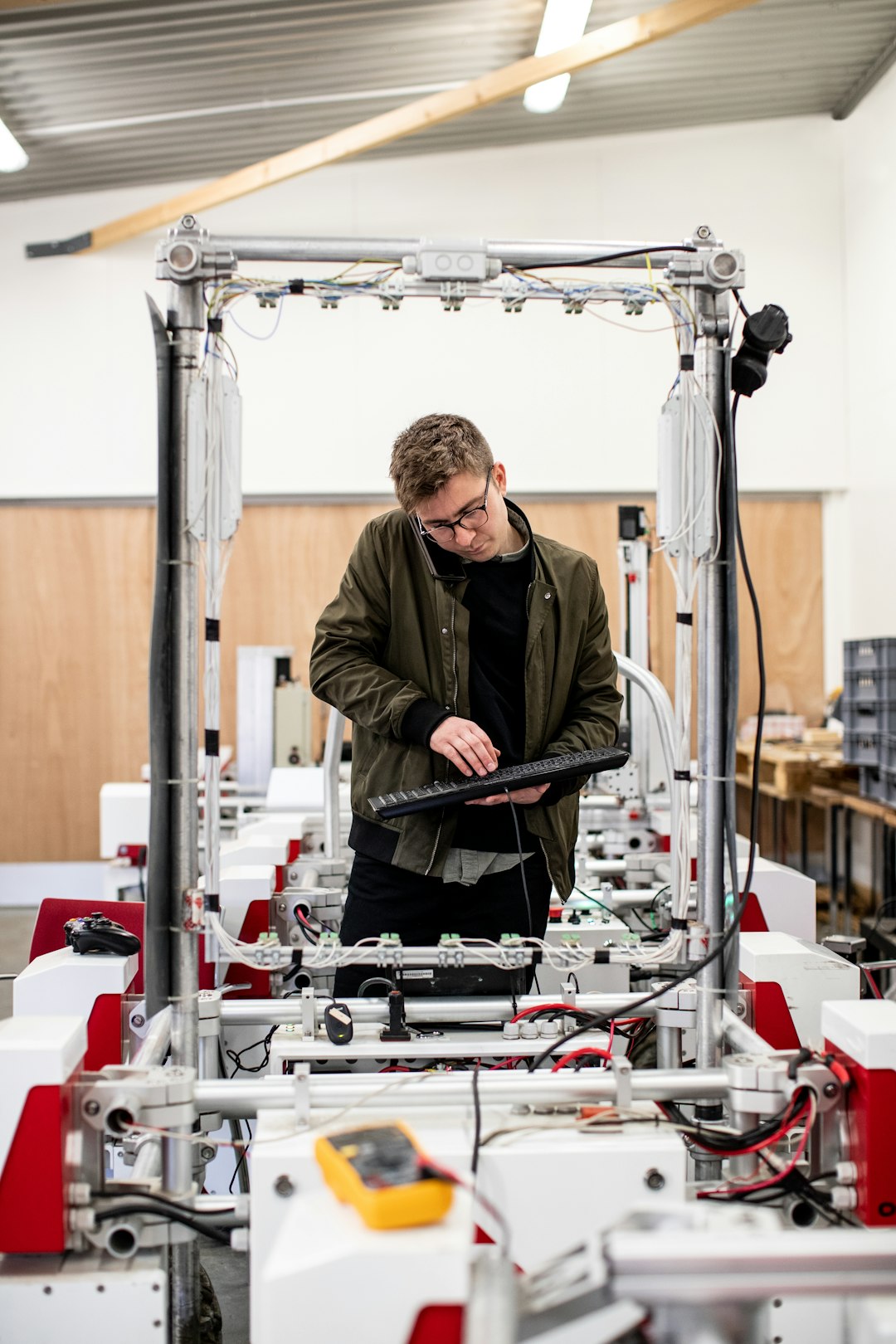
Access to Learning Tools
Access to a wide range of learning tools is essential for engineering students aiming to excel in their studies. Digital platforms provide an array of resources, including interactive simulations and virtual labs, which help students visualize and understand complex engineering concepts. Online libraries and databases offer extensive collections of textbooks, research papers, and journals, enabling students to deepen their knowledge in specific areas like mechanical design and thermodynamics. Educational software, such as CAD programs, allows students to gain hands-on experience with tools they will use in professional settings. Many universities also offer access to these tools, along with workshops and tutorials to enhance technical skills. Furthermore, online forums and educational communities provide platforms for students to ask questions and exchange knowledge with peers worldwide. By leveraging these tools, students can tailor their learning experiences, overcome challenges, and better prepare for their engineering careers. Access to diverse learning resources empowers students to thrive academically and professionally.
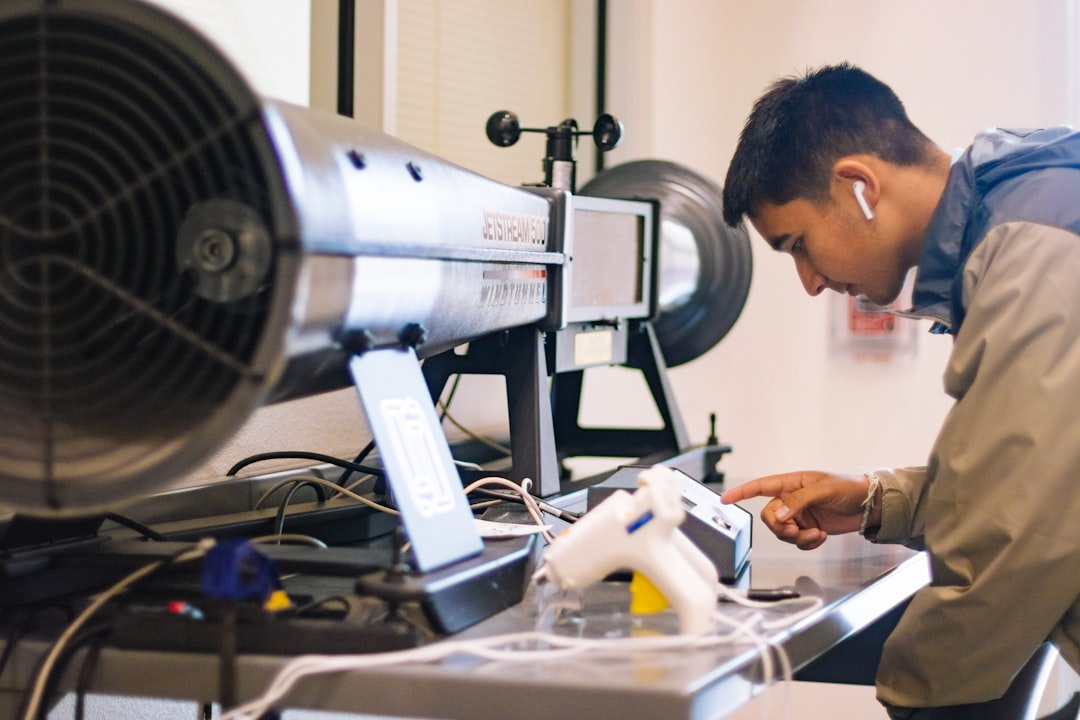
Events and Networking Opportunities
Participating in events and networking opportunities is crucial for students and professionals in engineering disciplines. Conferences, workshops, and seminars provide platforms to learn about the latest advancements in mechanical engineering and related fields. These events often feature industry experts who share insights on trends in engineering technology, offering valuable knowledge that can enhance your career. Networking at these gatherings allows you to connect with peers, educators, and industry leaders, fostering relationships that can lead to mentorship or job opportunities. Online platforms and virtual events have expanded access, enabling participation regardless of geographical constraints. Joining engineering societies and student organizations can also provide regular access to events and resources tailored to your interests. Additionally, career fairs and industry meetups offer direct interaction with potential employers, helping to refine your career goals and strategies. By engaging in events and networking, you can build a robust professional network, stay informed about industry developments, and advance your engineering career.









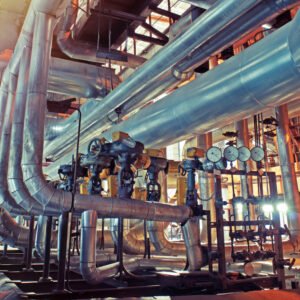

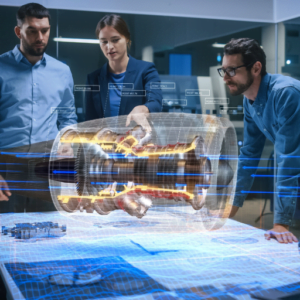
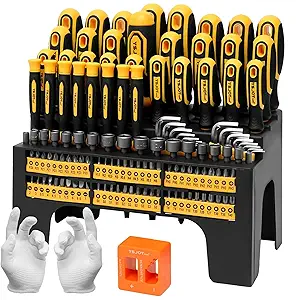

Add Comment